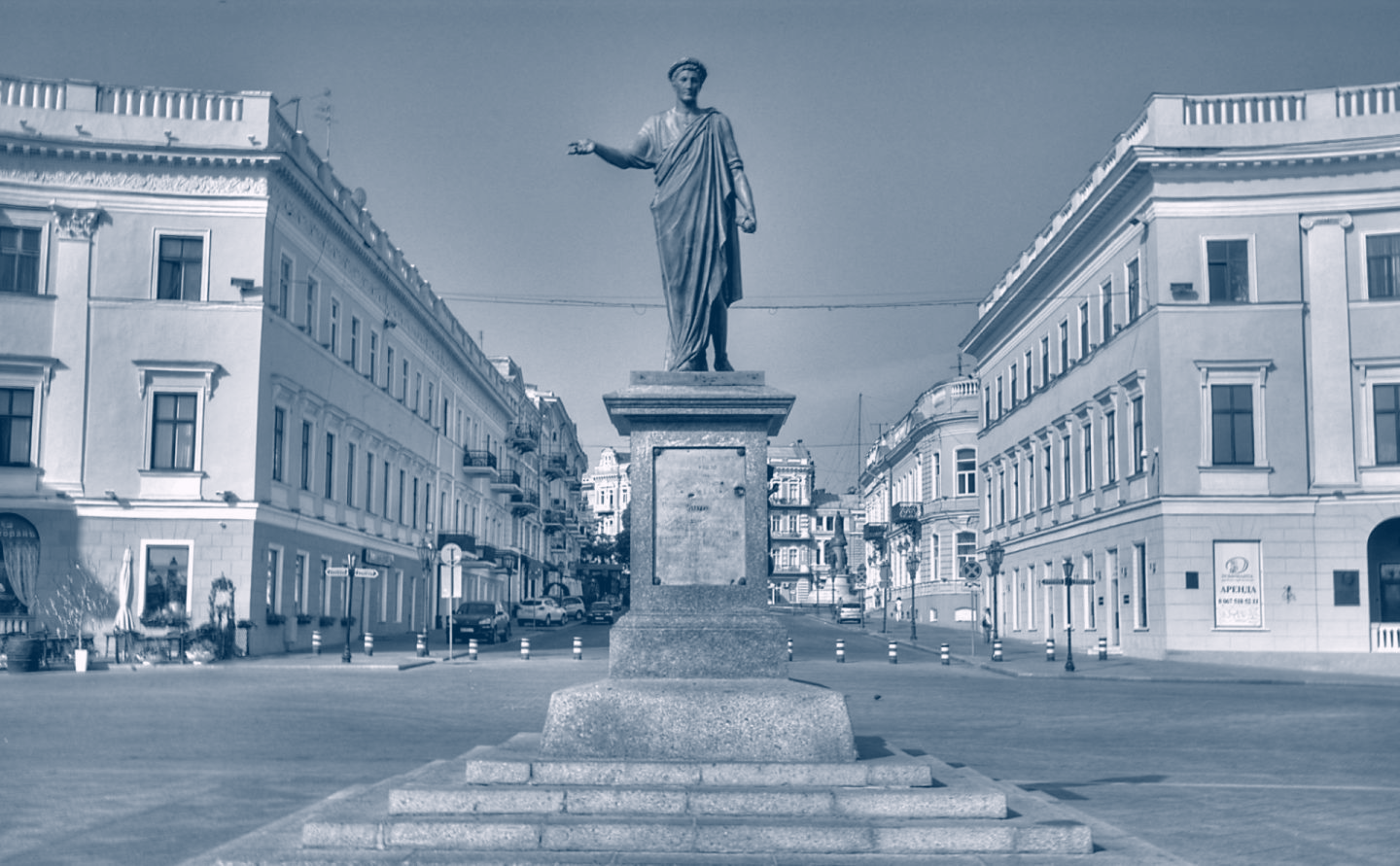
Marconi’s demonstration of radio communications
Guglielmo Marconi, considered by many as the father of modern radio communications, has been the first who demonstrated that was possible to transmit a signal at long distance.
The famous demonstration of 12th December 1901, where a signal transmitted from England was received at Signal Hills in the Newfoundland, was not the first one, but was rather the latest and most important one, of a series of wireless telegraph public demonstrations, that begun starting from 1895.
Guglielmo Marconi who was born on 25th April 1874, can’t be considered a real inventor, but rather a genius and an entrepreneur that put in practice, scientific developments on electromagnetic radiations.

The Experiments
His first experiment took place in Italy at Villa Griffone, a large villa in central Italy owned by his family, starting when he was 20 years old. He succeeded in transmitting a signal and receiving beyond the Celestini hill, located just in front of the window of his laboratory.
That villa today is an historical monument, visited by thousands of tourists every year, managed by the Marconi’s Foundation. That villa hosts today the IY4FGN amateur radio station.
The young Marconi, for his experiments, used mostly home-made equipment he could build and test, thanks to the contribution of Augusto Righi, a physicist of the University of Bologna, who also was a researcher of Heinrich Hertz‘s works.
During his tests, he detected the importance of antenna length and ground influence on aerials. In fact he soon understood that connecting antennas to the ground, the total range of transmission was increasing considerably.
He immediately realized the importance of such possibility that could have made it possible to bring wireless telegraph to the commercial and military markets.
Public Demonstrations
After having presented his discoveries to the Italian Government, but without raising any particular interest, he decided to move to England, where Marconi got in touch, thanks to influence of some relatives (his mother Annie was Irish) with the British Post Office in London.

His very first public demonstration in the UK, was held on 27th July 1896 where Marconi, supported by William Preece, Engineer-in-Chief to the Post Office, connected two Post Office buildings in London.
Marconi placed a transmitter on the roof of the Central Telegraph Office, and a coherer receiver on the roof of GPO South covering a distance of 300 meters.
Thanks to the relationships with the British Government, he was able to finance and conduct a second succesful wireless transmission over the open sea of the Bristol Channel, at Flat Holm Island on 13th May 1897.
During the July of the same year, Marconi was called by the Italian minister of Navy in Rome to conduct the same demonstrations at the presence of the King Umberto I.
During the following weeks, several transmission tests were conducted aboard of Italian military boats at the La Spezia military base, succeeding in communications between boats and land, with a range of 18 Km.
A sensational demonstration, took place at the Toynbee Hall in London, on 18th November 1897, where the young Italian inventor, was invited for an important conference: “Wireless Telegraphy“.

Marconi placed the transmitter with a telegraph key in one part of the room, while a British Post Office engineer walked around the lecture hall, with a black box, that contained a receiver linked to a bell.
Each time Marconi tapped the key, the bell rang!
The demonstration caused a sensation and made Marconi a celebrity
But the last and most famous demonstration, was the one that took place at 04:30 GMT of 12th December 1901 where Marconi succeeded on transmitting a signal across the Atlantic Ocean, demonstrating that radio waves follows the Earth’s surface.
Marconi still did not know about the propagation of radio waves.


 Пятница, 05.12.2025, 08:26
Пятница, 05.12.2025, 08:26










